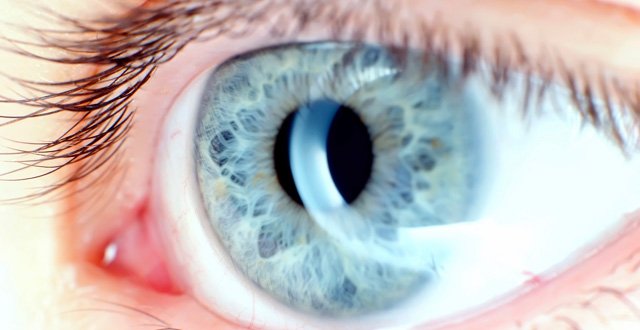Wait times for diabetic routine retinopathy referrals and the treatment of non-diabetic eye disease (NDED) continue to miss targets in certain Irish clinics, according to a new report.
The HSE quarterly performance report for January to March 2019 reveals that patients at Cork University Hospital (CUH) and the Mater University Misericordiae Hospital face excessive wait times following referrals from Diabetic RetinaScreen.
The report states that other healthcare providers have been requested to help mitigate the issue. Kerry University Hospital is assisting with these referrals in the south region, while a private provider is helping to deal with patients who have received NDED referrals. The same private provider also offers a re-screen to patients who have been on the waiting list for over a year at CUH. Of the patients who have taken a re-screen, nine have been referred as urgent cases to date.
CUH also opened up a new injection room in October and added more consultant hours in order to reduce the patient backlog. The Mater has managed to reduce its backlog, but the problem persists, according to the report.
The Diabetic RetinaScreen service, which is available to anyone with diabetes over the age of 12, was only 1.6 per cent behind its target of 25,500 screenings between January and March of this year. The service was behind its target by 419 screenings.
However, the number of patients screened in the month of March was ahead of target by 590 screenings, with a target of 8,000. This left them 7.4 per cent ahead of target for the month.
Diabetic RetinaScreen was the only programme within the National Screening Service shown in the HSE performance report to have met or exceeded a target for that month.
Digital services will be implemented in the area of ophthalmology, according to the report, and will eventually remove the need for a hospital outpatient appointment for some patients. Digital surveillance clinics should also ease the burden on ophthalmology clinics around the country.













Leave a Reply
You must be logged in to post a comment.